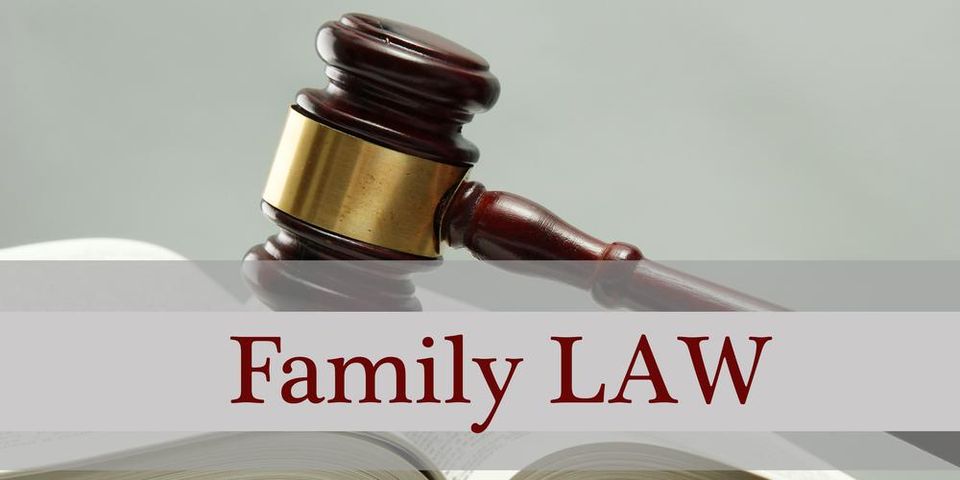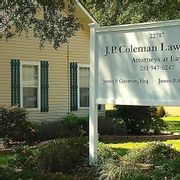Family Law and Child Custody 101: Contested Divorce vs. Uncontested Divorce

Of the many types of family law, the most common type is divorces. In Alabama, circuit courts have the power to dissolve a marriage, determine the care, custody and control of children born of the marriage, order child support, and to divide marital property.
Divorces can be either contested or uncontested. Contested divorces are more common and occur when the parties cannot reach an agreement prior to one of the parties filing a complaint for divorce with the court. Uncontested divorces are those divorces that are settled at the outset and where several documents, including an agreement, are filed with the court at once.
This article explains the differences between the two and examines some of the pros and cons of each. To learn more, visit JP Coleman Law, LLC, Attorneys at Law at their website or call them at 251-947-6247 to schedule a free consultation.
What is an Uncontested Divorce?
A contested divorce is one in which two parties have reached an agreement as to all aspects of their divorce and submit all the required documents to the court at once. This is done without either party ever having to go to court. Once the parties have filed pleadings and other paperwork with the court, the court reviews what has been filed and, assuming all requirements are met, signs a final judgment of divorce dissolving the marriage of the parties.
There are many advantages of handling a divorce as uncontested. Not surprisingly, this is the faster, more efficient way to get divorced. It is also cheaper, and it has the advantages of each party being able to reach an agreement on their terms rather than putting the case before a judge, who decides for them.
However, uncontested divorces can pose several potential problems. Oftentimes, not all parties are represented by their own divorce lawyer. While this is permissible and, indeed, quite common, one should be very careful when entering into an agreement when not represented by an attorney. Agreements in uncontested divorces are binding on the parties, meaning that if someone has second thoughts after signing the agreement, their options for getting out of that agreement are limited. Uncontested divorces also require the parties to be in full agreement. For example, if the parties agree about everything but how to divide the marital home, then an uncontested divorce is not an option.
What is a Contested Divorce?
A contested divorce is one in which the parties are not in full agreement at the time a complaint for divorce is filed. Most divorces qualify as contested divorces. In an uncontested divorce, one party files a complaint for divorce, the other files an answer addressing the allegations contained in the complaint, and the parties then proceed towards a trial, where the judge will hear evidence and make a ruling.
It is not uncommon for a case to begin as a contested divorce and then settle during some stage of the litigation. Indeed, it is not at all uncommon for cases to settle on the day of court. When a case settles, the parties either submit a written agreement to the court or place their agreement on the record in court, which then becomes a final order. Cases may also settle during mediation.
If, however, a case does not settle, then it proceeds to trial. At trial, the court hears evidence issues an order that dissolves the marriage, decides custody and visitation, awards child support, and divides the marital property.
Contested divorces are more costly, more time consuming, and generally less predictable as to the outcome because a judge is deciding the case rather than the parties settling. That said, sometimes the parties are too far apart to be able to settle a divorce without a trial. If this is the case, then a contested divorce is the only option.

Matters involving family law and child custody matters require a divorce lawyer with experience and knowledge of the law. Representing clients in both Mobile and Baldwin Counties, the attorneys at JP Coleman Law, LLC, are here to help you make sense of your family law matter and its complexities. To schedule a free consultation, call (251) 947-6247, visit their website, or connect with them on Facebook or Twitter.
About the Business
Have a question? Ask the experts!
Send your question

